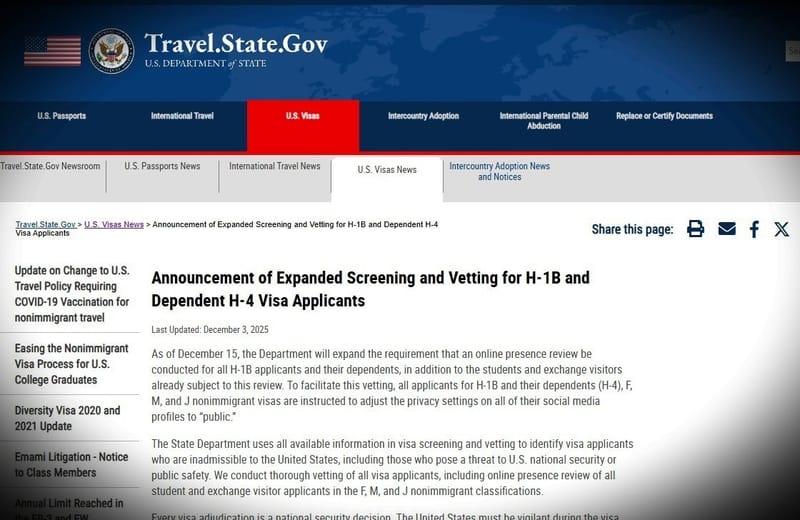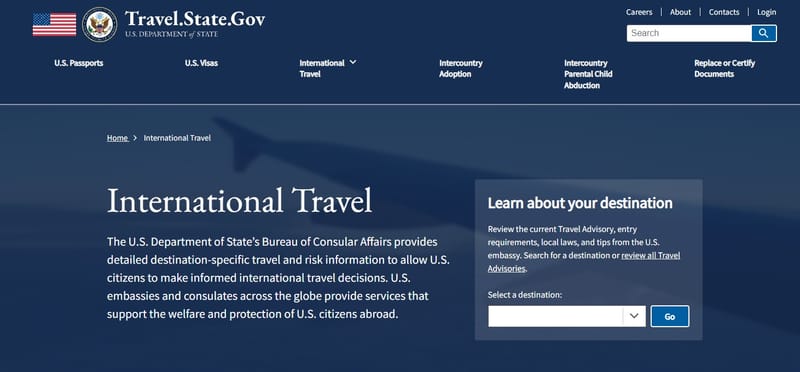USCIS Broadens 'Good Moral Character' Standard for Citizenship: What Skilled Immigrants Need to Know
The new USCIS policy introduces a more subjective and rigorous standard for 'good moral character,' significantly complicating the path to U.S. citizenship for applicants.

Subscribe to our newsletter and stay informed about latest H1B news, policy updates and and other developments.
Article Summary
USCIS has announced a new policy broadening its evaluation of 'good moral character' for U.S. citizenship applicants, moving beyond criminal records to a comprehensive assessment. This shift grants officers more discretionary power, considering both positive contributions and questionable conduct, even if legal. The policy emphasizes rehabilitation but is expected to lead to increased scrutiny and potentially longer processing times for applicants.
Original Article: economictimes.indiatimes.com
[ Sentiment: negative | Tone: factual ]
This summary and analysis were generated by TheNewsPublisher's editorial AI. This content is for informational purposes only; it does not constitute legal or immigration advice.
[ Sentiment: negative | Tone: factual ]
This summary and analysis were generated by TheNewsPublisher's editorial AI. This content is for informational purposes only; it does not constitute legal or immigration advice.
TNP AI: Key Insights
This policy change significantly raises the bar for naturalization, introducing a more subjective and comprehensive assessment of an applicant's entire life. For skilled professionals and their employers, this means increased uncertainty and a greater burden to proactively demonstrate positive contributions, potentially leading to longer processing times and higher legal costs in the final step towards full integration.
Historically, 'good moral character' evaluations primarily focused on statutory bars like serious criminal offenses. This new 'totality-of-the-circumstances' approach grants USCIS officers considerably more discretion, moving beyond a simple checklist to consider even technically legal but 'socially questionable' conduct, a departure from previous, more objective standards.
Framed as part of a broader administrative effort to tighten immigration benefits, this policy could face legal challenges due to its subjective nature and potential for inconsistent application. It signals a continued trend of increased scrutiny for lawful immigrants seeking permanent status and citizenship in the US, impacting workforce planning and individual career trajectories.




